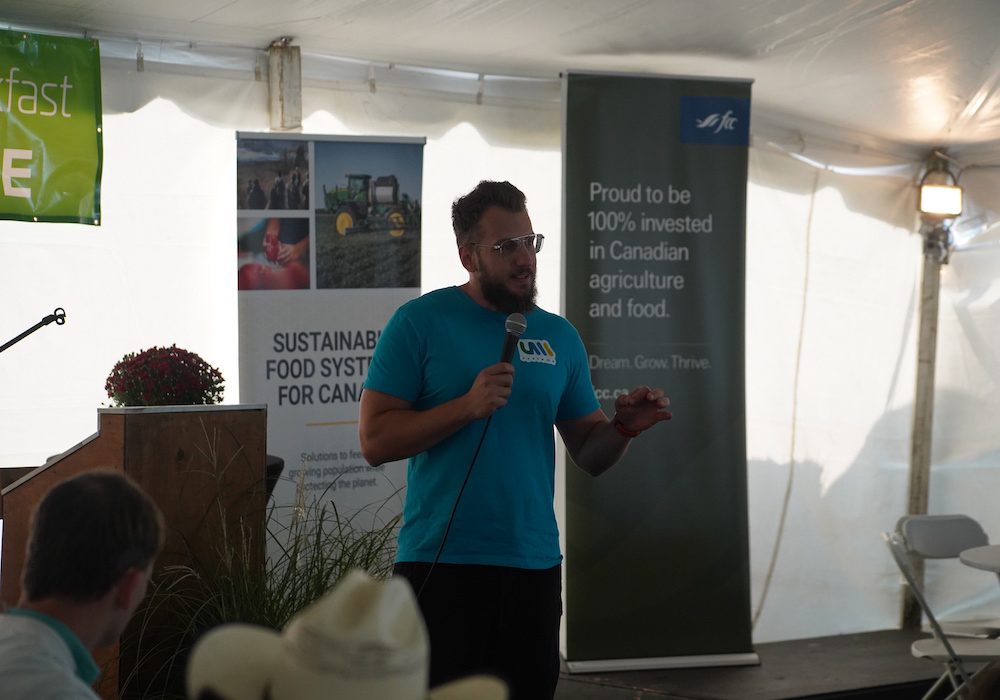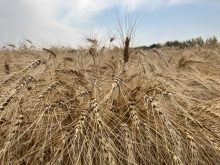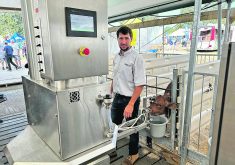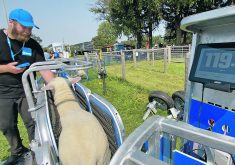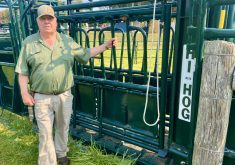UMA Systems Inc. was one of six companies to pitch at Canada’s Outdoor Farm Show Ag Tech breakfast
Glacier FarmMedia — Recently arrived in Canada from Belarus, Seva Lisouski is hoping to mirror the success he achieved in his home country with an innovative approach to producing livestock protein supplements from byproducts of the leather industry.
His Toronto-based start-up company, UMA Systems Inc., was a first-time exhibitor inside the Dairy Innovation Centre at this year’s Canada’s Outdoor Farm Show. Lisouski noted that given Canada’s past experiences with Mad Cow Disease, the likelihood of protein ingredients derived from cattle hides being used in dairy feed is very low.
Related stories: The Latest News and Stories from Canada’s Outdoor Farm Show
Read Also
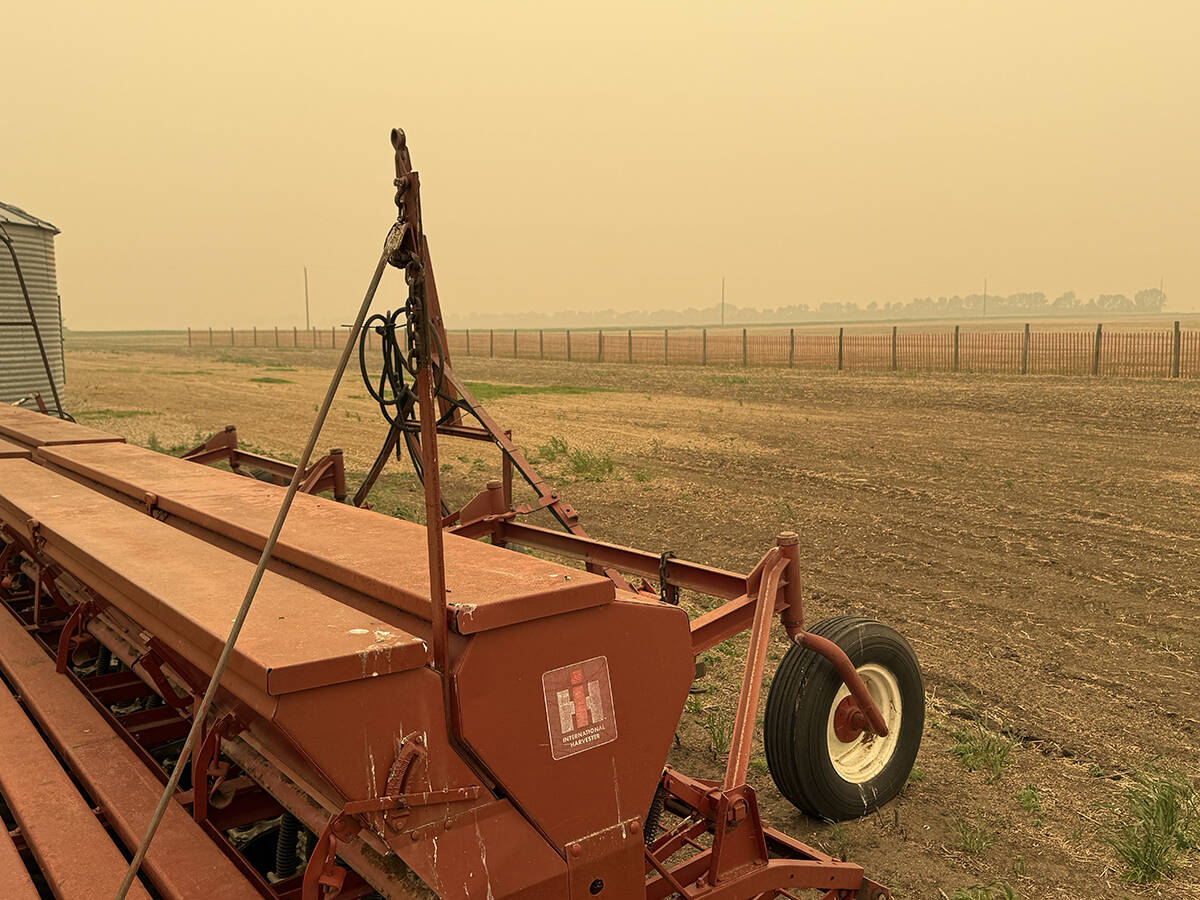
Wildfires have unexpected upside this year
One farmer feels smoke from nearby wildfires shrouded the July skies and protected his crop from the sun’s burning rays, resulting in more seeds per pod and more pods per plant.
But he welcomed the opportunity to chat with farm show visitors involved in producing cattle who are concerned about the long-term environmental impacts of their operations.
Namely, his preliminary research indicates there’s virtually no domestic leather manufacturing sector in Canada, meaning hides from culled and slaughtered cattle are either disposed of entirely or possibly make their way into the U.S. or European value chains.
And even if hides do eventually get processed into leather, 50 per cent of that hide still typically goes to waste.
In Belarus, the company he helped start now has a proprietary process for turning that waste into protein supplements, with their main customer being a large operator of poultry production facilities.
Protein, says Lisouski, is often the most expensive ingredient in livestock rations. Aquaculture, which is growing in popularity around the world, also requires protein for feeds.
“We don’t have enough protein for livestock globally,” he said.
He believes converting waste from leather processing can be part of the solution to that shortage, along with eliminating a significant amount of waste that now goes to landfill or other (potentially less environmentally-conscious) methods.
“Canada is known worldwide as a leader for environmental solutions,” offered the UMA Systems entrepreneur. “But at the same time they have no way to deal with all these hides.”
“We need a solution here in Canada.”
UMA was one of companies invited to pitch at the Ag Tech Breakfast Sept. 11 at Canada’s Outdoor Farm Show.

